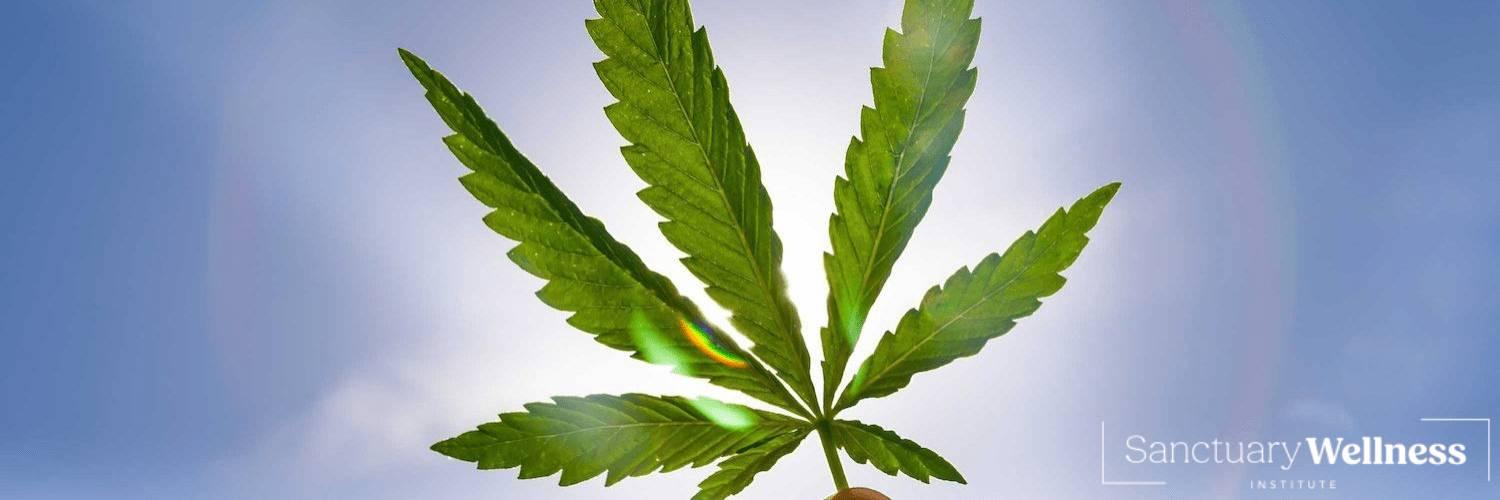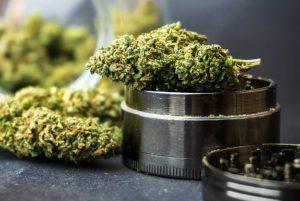What is Endocannabinoid Deficiency?
- Jake Peter
- Published: March 4, 2022
- Updated: August 2, 2024
- Fact-checked by Dr. Desiree Granados

The human body contains systems designed to regulate its various functions, and one such system is called the endocannabinoid system (ECS). It’s made up of receptors that respond to cannabinoids from external sources, like hemp-based CBD products or the tetrahydrocannabinol (THC) found in marijuana.
These receptors are primarily located in the brain and central nervous system but also exist throughout the rest of the body.
Since cannabinoid receptor signaling is responsible for many vital bodily functions, a deficiency in this system can cause serious health problems. Read on to learn more about endocannabinoid deficiency.
What is Endocannabinoid Deficiency?
Endocannabinoid deficiency (ECD) is a condition that emerges when the body doesn’t produce enough endocannabinoids or when the receptors that respond to cannabinoids become dysfunctional. This can lead to a wide range of health problems.
Symptoms of Endocannabinoid Deficiency
Symptoms of ECD can include:
- Chronic pain
- Inflammation
- Migraines
- Irritable bowel syndrome
- Sleep problems
- Anxiety or depression
ECD is a fairly new condition and scientists are still trying to understand it. There is some evidence that suggests that ECD may be a factor in certain medical conditions like fibromyalgia, chronic fatigue syndrome, and migraine headaches. Still, more research is needed to determine if this is true and how ECD can be treated.
How to Diagnose Endocannabinoid Deficiency
There are a few different ways to diagnose endocannabinoid deficiency. One is by measuring anandamide levels in the blood or urine. Another way is to look for signs and symptoms of the condition. If a person has a history of chronic pain, migraines, or other related issues, they may be suffering from endocannabinoid deficiency.
If a doctor suspects that a patient has the condition, they may order specialized tests to analyze their endocannabinoid levels.

Treatment Options for Endocannabinoid Deficiency
There are a few different treatment options for endocannabinoid deficiency. One option is to take a supplement called cannabidiol (CBD). CBD is a natural compound found in the cannabis plant that helps promote balance in the body’s endocannabinoid system.
Another option is to eat foods that are high in cannabinoids, such as cannabis-infused foods. Finally, some people seek out medical marijuana treatment for their ED. Medical marijuana contains high levels of CBD and other cannabinoids.
Living with Endocannabinoid Deficiency
When living with or managing a condition like endocannabinoid deficiency, it is important to adopt healthy eating habits, get enough sleep, and manage stress. All of these are important for maintaining your overall health and well-being.
Eating a balanced diet and getting enough exercise can boost your endocannabinoid levels. In addition, getting adequate sleep is crucial for overall health and well-being and can improve your mood and energy levels. Finally, managing stress is important for overall health and can reduce your risk of developing conditions like endocannabinoid deficiency in the first place.
Conclusion
Endocannabinoid deficiency is a condition that can lead to a wide range of health problems. Symptoms of ECD can include chronic pain, inflammation, migraines, and sleep problems. Treatment options for ED include taking a CBD supplement, eating foods high in cannabinoids, or seeking out medical marijuana treatment.
When living with or managing a condition like endocannabinoid deficiency, it is important to adopt healthy eating habits, get enough sleep, and manage your stress.
States Where We Offer Medical Marijuana Card Services
How we reviewed this article:
- National Library of Medicine
https://www.ncbi.nlm.nih.gov/pmc/articles/PMC5576607/
Current Version
August 2, 2024
Written By
Jake Peter
Fact-checked By
Dr. Desiree Granados
Editorial Process
Our Editorial Process
First Published
March 4, 2022
Written By
Jake Peter
Fact-checked By
Dr. Desiree Granados
Editorial Process
Our Editorial Process

Jake Peter received his journalism degree from Emerson College and has been writing content for the Sanctuary Wellness Institute since 2021. He is passionate about all things cannabis.







